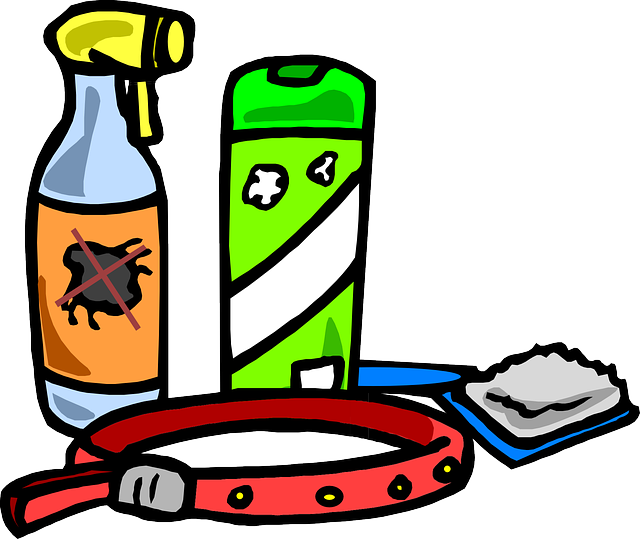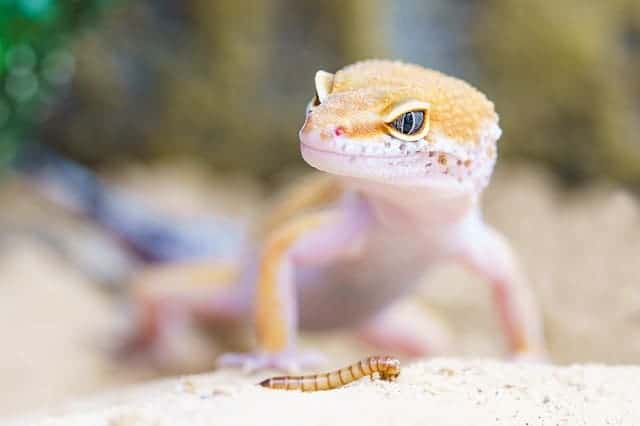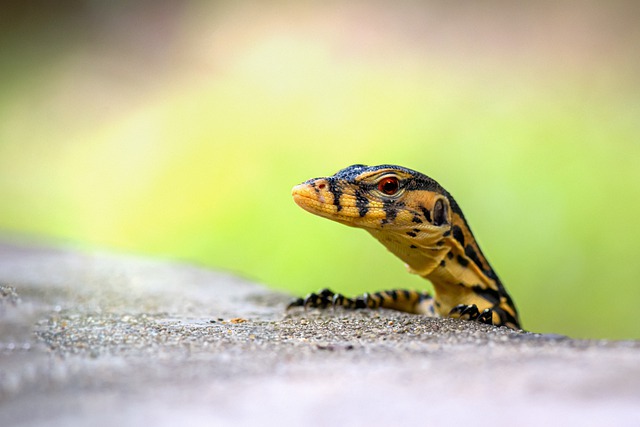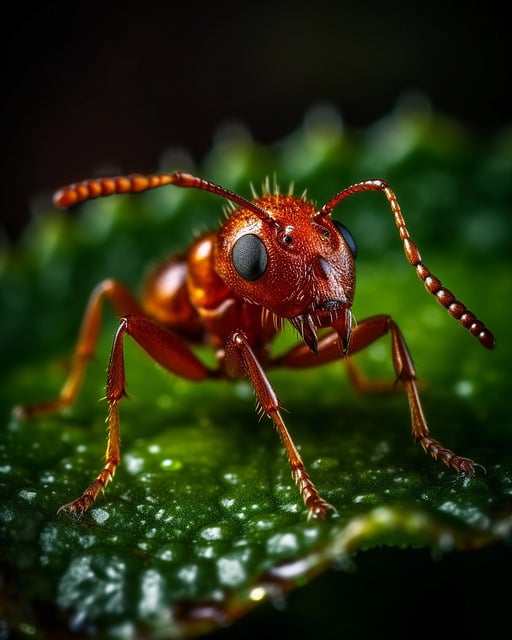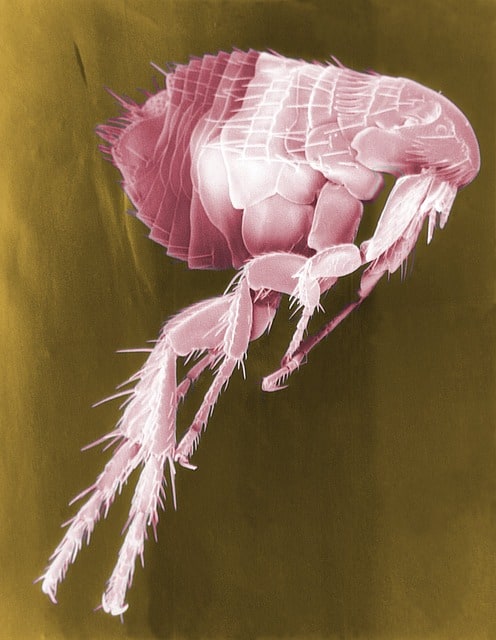How Long Do Flea Eggs Take To Hatch
Using monthly flea control products such as flea foggers will break the flea cycle in 3 months while adult fleas have a lifespan of ~ 12 days (up to 110+ days).
Fleas will lay about 22 – 51 eggs a day, but this could vary with the prevailing temperature or if there are pesticides around and the fleas’ food – may be flea dirt?
But how long do flea eggs take to hatch? Fleas eggs hatch within 1 (36 hours) to 10 days into larvae but this may vary with environmental conditions like humidity (over 50 %) & temperature (75 to 85 degrees).
- Once hatched into larvae, these organisms will move freely and feed on flea dirt (body waste) to grow further.
Details: How Long Do Flea Eggs Take To Hatch
Adult fleas will lay their eggs once they’ve sucked enough “blood meal” – pet blood. Once laid, the flea eggs will require about 1-2 weeks for them to hatch.
With a more humid and warm environment, the flea’s eggs will hatch faster and thus their life cycle will continue better. This isn’t the case for a dryer and cooler environment.
- The flea’s eggs will however survive for roughly 10 days – and thus they can’t hatch after the 10 days are over.
With the right conditions, the fleas’ eggs may actually hatch in about 36 hours.
- After hatching, can you recognize the difference between these flea eggs and their larvae?
However, flea larvae are bout 1/12-inch – 1/8-inch (~2 to 3 mm in length) and have a blackhead, segmented body, and yellowish-white in color.
- The larvae are hatched while blind – and they’ll evade any location with bright light – and thus they’ll burrow themselves into grass, cracks, and carpets.
Further, flea larvae are about 30% of the whole population of fleas. Next, the larvae develop into 5-20 days to spin a cocoon pupa – its hard cocoon allows it to hide in fabrics and carpets.
- Flea pupa may remain in that stage for about 1 week – 1 year; they’ll emerge from the cocoon due to stimuli such as carbon dioxide, and the body heat of a suitable host.
What Will Kill the Flea Eggs?
To exterminate fleas eggs, you’ll require to undertake a 2-stage process; which will involve killing the adult fleas (and their eggs) on the cat or dogs then you’ll kill those flea eggs occupying the house.
1. Flea Vacuuming
So, after you’ve exterminated the fleas on your pet, I advise that you go on to control the bugs in the house, yard, or garden using some effective flea sprays.
- Flea vacuuming has proven to be an effective technique to control fleas and their eggs.
- I advise you to drop mothballs into that vacuum bag – and remember to dispose of that bag (after sealing) as this will prevent flea hatching inside there.
Inspect and repair the rotating brush and suction of the vacuum cleaner if it is faulty.
- Begin the flea vacuuming with the floors, and baseboards then move to the upholstered furniture, carpets, crevices & cracks.
So, with an effective vacuuming machine and using the correct techniques, you’ll effectively remove all the flea dirt, pupae, larvae, and also adult fleas.
2. Flea Control Products
So, take the cats & dogs (and other pets in the household) to the veterinarian. This professional will examine the pets to check how far the flea challenge has gone and thus treat it well.
- Since not all the flea control products will work exactly effectively, the veterinarian will assist in choosing an effective one for your pet’s flea problem.
Insect growth regulators (IGRs) are considered some of the best you may use in killing even flea eggs – the isoxazolines are described as pet-safe.
- Further, a few of the IGRs are noted to operate through sterilization of the female of the fleas, and hence the eggs they produce won’t be viable.
Some of the effective flea products that have IGRs include flea sprays, spot-on skin creams, oral medications – some of these you can apply on the bedding of pets.
3. Launder the Clothes
The next step you must take is to launder the clothes and bedding as this will exterminate or also expose those fleas (and eggs) hiding in the fabrics and their seams.
- So, take those bedding, upholstery, and linen and launder them at the highest allowable temperature depending on the fabric.
Remember to use the hottest (temperature) cycle, bleach, and appropriate detergent – it’ll be working even well if you can drop the fabrics into a dyer to kill fleas.
4. Diatomaceous Earth
Diatomaceous Earth functions well to exterminate fleas – this will work well if you sprinkle it on the pets’ bedding, carpets.
The US NPIC outlines that Diatomaceous Earth will dry out the fleas’ exoskeleton and cuticle (including their fats and oils) due to the sharp edges that will cut the outer shell.
- But the Diatomaceous Earth could be dangerous to the pet’s digestive and respiratory tracts and thus you would do well to avoid sprinkling it on areas where pets lay.
5. Use Dawn Dish Soap
On whether you can use dawn dish soap to kill fleas, I can confirm that it’s possible to safely exterminate these bugs using this DIY remedy.
- Dish soap, however, doesn’t be suitable for use on the pet’s skin because it can strip off their natural oils – and hence it could get infections.
Further, the dish won’t be effective to determine the adult fleas – but will be good for washing off those flea eggs.
6. Vinegar
Vinegar will exterminate the adult fleas – and not flea eggs – and thus spraying a solution of the vinegar + water, you may be effective in repelling the fleas.
- Thus, we’ve noted that flea eggs will be stubborn to exterminate, and thus it’d be helpful to get an appropriate technique to control them – flea vacuuming is one good way.
However, it’ll help to take to the veterinarian and use their approved methods to ensure that you exterminate the whole flea life cycle in the vicinity.
Conclusion
So, how long do flea eggs take to hatch – this will be about 1 day to a0 days beyond which the fleas eggs will have died.
- You can control fleas using a myriad of techniques such as flea vacuuming, dawn dish soap, diatomaceous earth, laundering the fabrics, and using vinegar.

